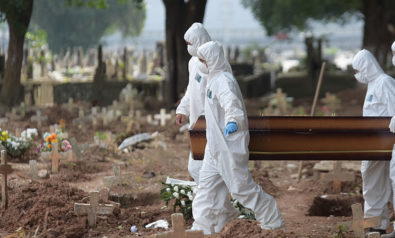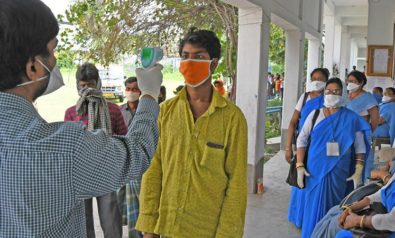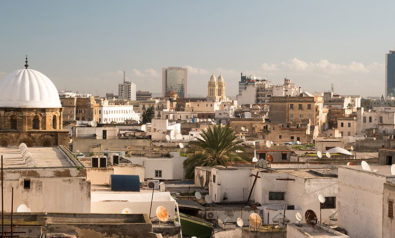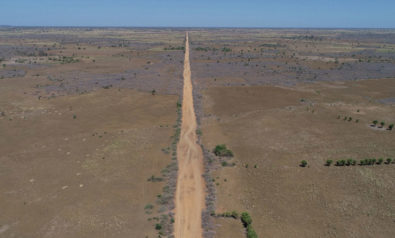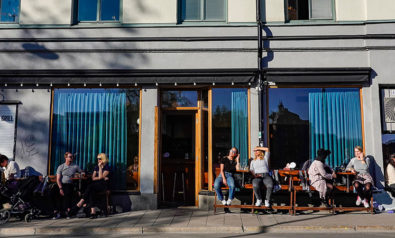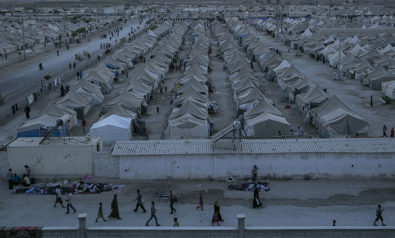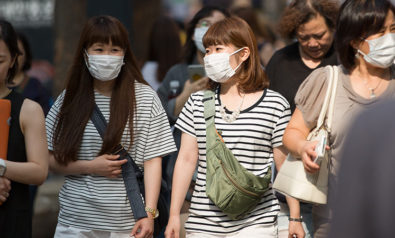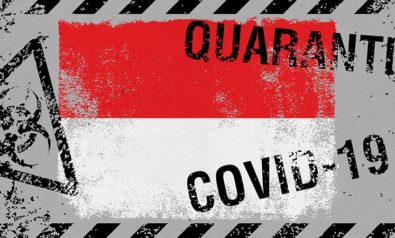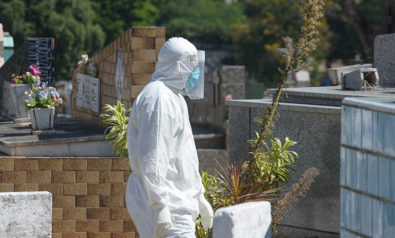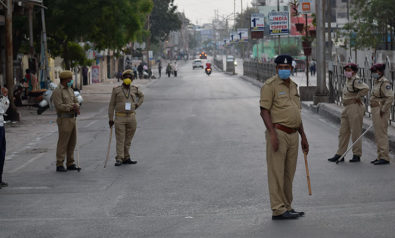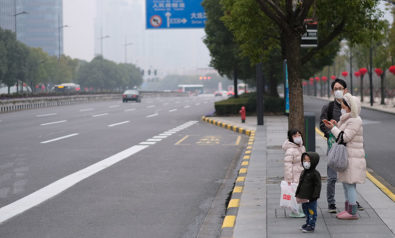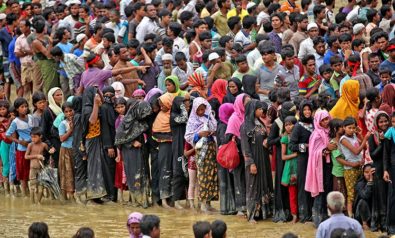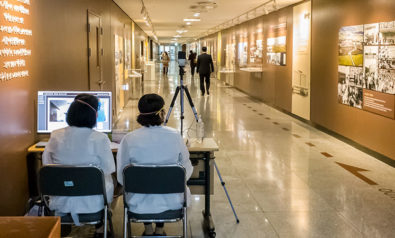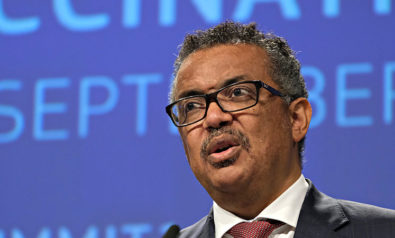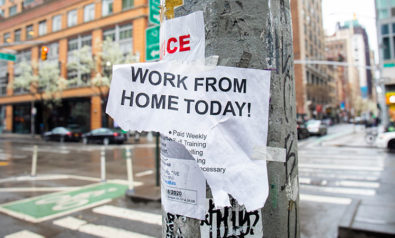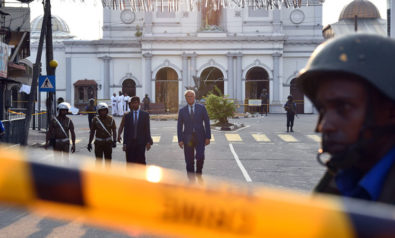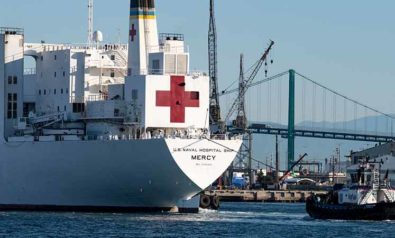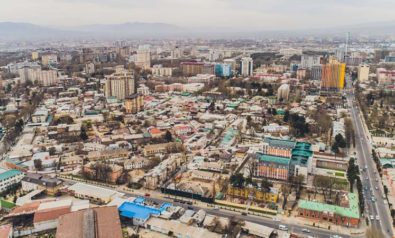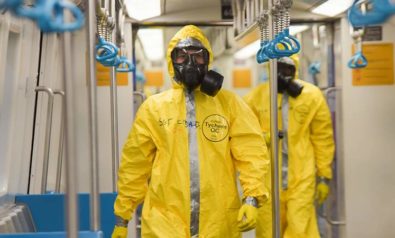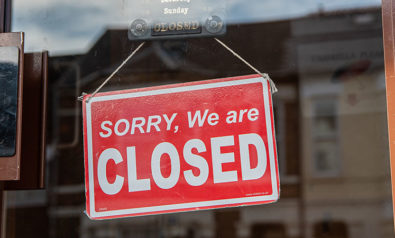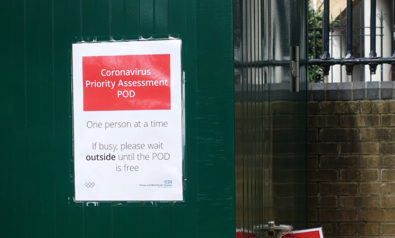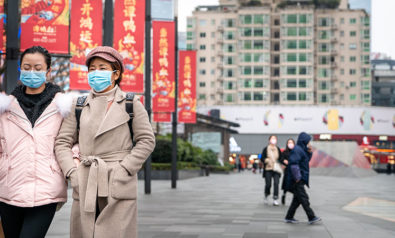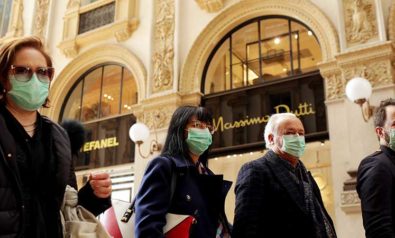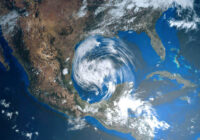Six years ago, Sierra Leone was fighting Ebola, an infectious disease that devastated the country for almost two years. Today, like most countries around the world, the West African nation is in the midst of fighting another disease: COVID-19.
The Ebola outbreak not only killed thousands of people directly, but it also worsened other health crises like maternal mortality. While the Ebola virus rampaged the country, a woman’s risk of dying in childbirth increased by an estimated 22% between May 2014 and April 2015, according to the Ministry of Health. With already one of the highest maternal mortality rates, the most recent data from the World Health Organization shows that one in 17 women in Sierra Leone will die during pregnancy, childbirth or its aftermath.
For many Sierra Leoneans, the COVID-19 pandemic has brought back memories of Ebola, leading to nervousness, especially among pregnant women, about visiting the hospital. The race is on to protect these women and to prevent maternal deaths from skyrocketing as they did during the Ebola epidemic.
Understanding Patients’ Fears
No one senses this need more than Isata Dumbuya, a 50-year-old nurse who worked overseas for the UK’s National Health Service (NHS) for 19 years before returning in 2018 to her birthplace of Kono District, an eastern region of Sierra Leone famous for its diamond mines. Dumbuya runs women’s health services at Koidu Government Hospital (or KGH, as it’s often called).

“You wouldn’t want to send anyone to KGH how it used to be,” she says. “Everyone has a horror story to share.” This was especially true during the Ebola outbreak. “Hygiene was bad and there were no drugs,” Dumbuya mentions. “No one wanted to go to the hospital because people said, ‘You’ll either go in a body bag or you’ll leave in one.’”
Over the past few years of working for Partners in Health (PIH), a global medical nonprofit that supports KGH, Dumbuya has steadily transformed the hospital’s maternity ward, and she has provided training and mentorship to staff. Quality of care has risen, together with patient trust and attendance.
But when news of the first COVID-19 case reached Kono in early March, women began walking away. “The hospital was cleared of patients within 24-hours. Patients just got up and left,” Dumbuya says.
Dumbuya is concerned this latest crisis will result in widespread, prolonged avoidance of hospitals. During the Ebola outbreak — when there was an estimated 20% drop in hospital births — many pregnant women, fearful of contracting the virus at hospitals, opted for home-births without a trained clinician to help if complications arose.
Dr. Marta Lado, an infectious disease specialist who helped set up and operate one of the first Ebola treatment centers in Sierra Leone, talks about the connection between COVID-19 and Ebola. “It’s complicated to ask people to change their mindset,” she says. “But it is different this time. We are more ready for sure.”
Since the Ebola crisis, Lado has been the chief medical officer for PIH in Sierra Leone. She is currently based in the capital city, Freetown, at 34 Military Hospital — a facility that was built after the Ebola epidemic in preparation for future disease outbreaks. “It’s run by the army. They know how to defend,” Lado says of the hospital. “It’s a super high standard unit with biosecurity. People have been trained and drilled continuously.”
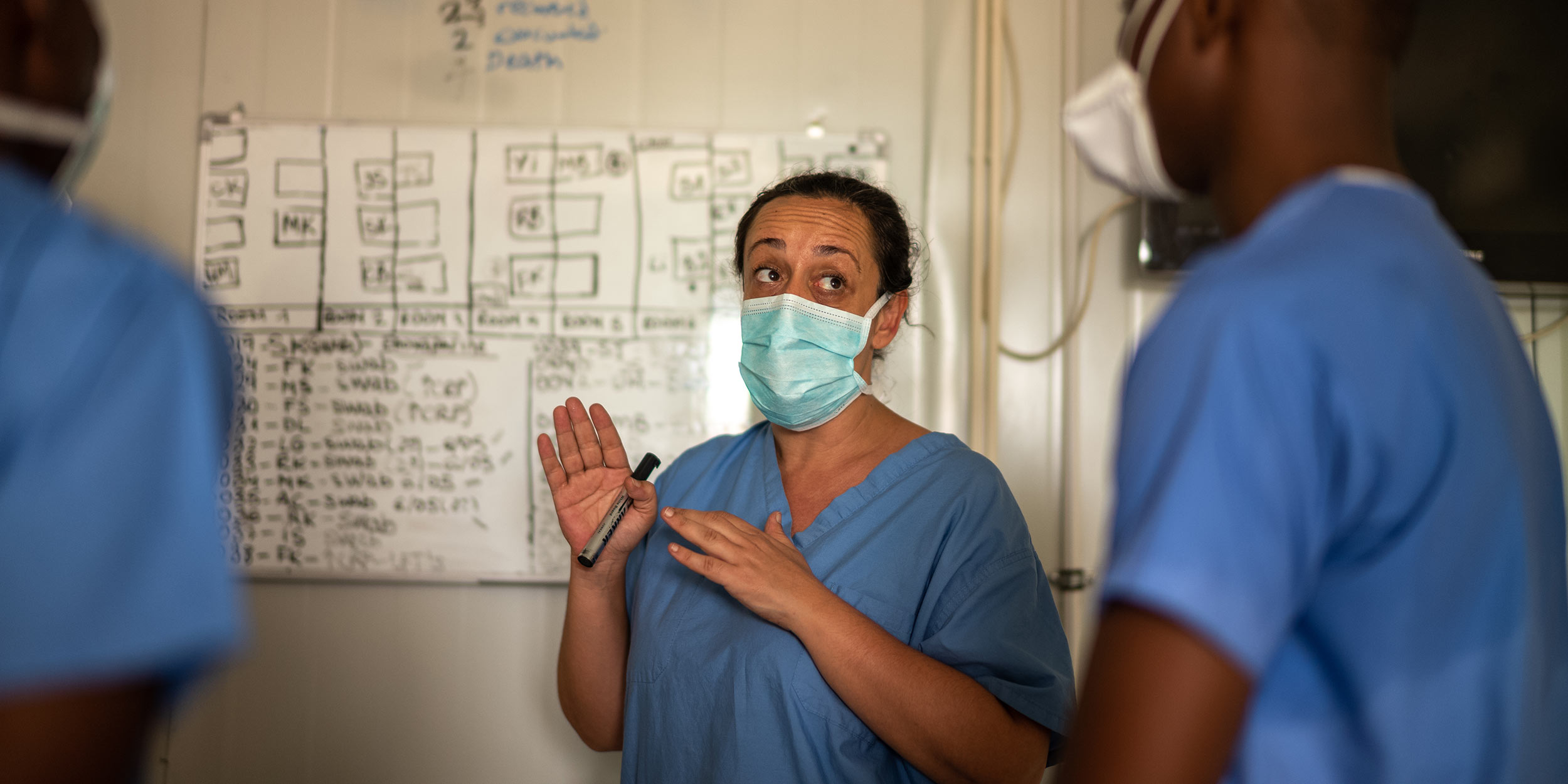
The hospital staff used their simulation training to spring to immediate action when the country’s first case of COVID-19 was confirmed in March 2020.
Learning From the Ebola Crisis
Sierra Leone’s experience in fighting the Ebola virus accelerated the government’s response, too. “With Ebola, we could have saved thousands of lives, and money that was spent later on, if we had tackled it early,” says Dr. Mohamed Vandi, the director of public health security, who is the most senior health official leading the country’s COVID-19 response. “But we had no experiences and no resources. Now, we have the capacity and knowledge.”
Vandi adds: “We knew it [COVID-19] was knocking at our door. My initial aim was to be proactive to prevent it.” Before the first confirmed case of COVID-19, Sierra Leone had already put strict measures in place, such as suspending flights, closing borders and installing stations for people to wash their hands and check their temperature. This trend was not seen in many other countries around the world.
So far, Sierra Leone has confirmed just over 1,500 cases of COVID-19 — approximately 80% of which have been near to Freetown, within easy reach of 34 Military Hospital. But as cases spread further afield, Vandi has instructed that treatment centers be set up across the country. He says the motivation behind this is to ease patients’ fears about long ambulance journeys. During the Ebola epidemic, many people died in transit to distant treatment facilities before receiving the care they desperately needed — a memory that still haunts today’s citizens in Sierra Leone.
“We have seen a reduction in women at the hospital, a reduction in ambulance calls and a reduction in referrals from other health centers,” Lado says. But clinical staff are combating this with compassion. “Nurses are the roots of what we are doing here,” she adds. “They don’t hesitate about spending as much time as they can with patients. They do a lot of psychosocial support and engagement.”
Saving Lives
Dumbuya mentions that her focus is on encouraging patients. “We have been out talking to women and leaders in the community about what’s going on around the world and to stress that hospitals are still open for business,” she says. “We are trying to spread the word that COVID is very different to Ebola. We can get to people quicker, isolate them and give treatment.”

It is too soon to predict the long-term impact of the COVID-19 crisis on maternal mortality in Sierra Leone. However, experts are hopeful that the county’s rapid, efficient response to the outbreak, coupled with the provision of counseling for patients and communities, will go a long way in making women feel confident about continuing to access maternal services — a mindset that was gravely lacking during the Ebola outbreak.
At KGH, triage systems are firmly in place to separate COVID-19 patients from those seeking routine health services. Dumbuya’s priority now, along with her colleagues at PIH and KGH, is to prevent health care standards from dropping as they did during the Ebola crisis and to continue fighting maternal mortality.
“Dying in childbirth is an ongoing emergency in Sierra Leone,” Dumbuya says. “The care we offer is intended to save women’s lives, but also to improve the maternal journey so that they return.”
*[A version of this article was originally published by the Global Health News Wire. Updated: July 7, 2020]
The views expressed in this article are the author’s own and do not necessarily reflect Fair Observer’s editorial policy.
Support Fair Observer
We rely on your support for our independence, diversity and quality.
For more than 10 years, Fair Observer has been free, fair and independent. No billionaire owns us, no advertisers control us. We are a reader-supported nonprofit. Unlike many other publications, we keep our content free for readers regardless of where they live or whether they can afford to pay. We have no paywalls and no ads.
In the post-truth era of fake news, echo chambers and filter bubbles, we publish a plurality of perspectives from around the world. Anyone can publish with us, but everyone goes through a rigorous editorial process. So, you get fact-checked, well-reasoned content instead of noise.
We publish 2,500+ voices from 90+ countries. We also conduct education and training programs
on subjects ranging from digital media and journalism to writing and critical thinking. This
doesn’t come cheap. Servers, editors, trainers and web developers cost
money.
Please consider supporting us on a regular basis as a recurring donor or a
sustaining member.
Will you support FO’s journalism?
We rely on your support for our independence, diversity and quality.






